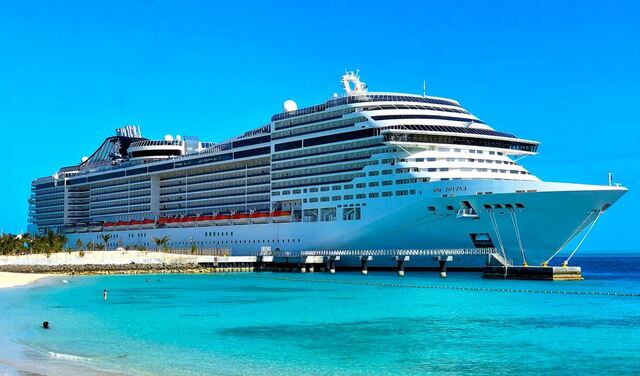The answer, like most things in travel, depends on a few factors:
1. Your Citizenship: This is the most crucial factor. While specific requirements may vary for different nationalities, this article focuses on U.S. citizens.
2. The Cruise Itinerary: It's essential to understand the nature of your cruise.
Factors for a Passport
- Closed-Loop Cruises: These cruises depart and return to the same U.S. port, visiting destinations like the Bahamas, the Caribbean, Mexico (except Baja California), Canada, and Bermuda. For U.S. citizens on closed-loop cruises, a passport is generally not required. However, you will need a government-issued photo ID (like a driver's license) and proof of U.S. citizenship (birth certificate or naturalization certificate).
- Open-Loop Cruises: These cruises begin or end in a foreign port, even if they visit U.S. destinations. For open-loop cruises, a valid passport is mandatory for all U.S. citizens, regardless of age.
Here are some additional things to keep in mind:
- Cruise Line Requirements: Even if U.S. law doesn't require a passport for your specific cruise, the cruise line itself might. It's always best to check their website or contact them directly for the latest information.
- Unexpected Situations: A passport onboard, even for closed-loop cruises, is highly recommended. Unforeseen circumstances, like medical emergencies requiring airlift or itinerary changes due to weather, can necessitate a passport.
- Future Plans: If you want to explore destinations beyond the cruise itinerary or take spontaneous shore excursions, having a passport readily available is crucial.
In conclusion, while a passport isn't always mandatory for U.S. citizens on specific cruise types, it's strongly recommended to have one for a smooth and hassle-free experience. Remember, checking with your cruise line and the U.S. Department of State https://travel.state.gov/ for the latest requirements is essential for worry-free planning.



